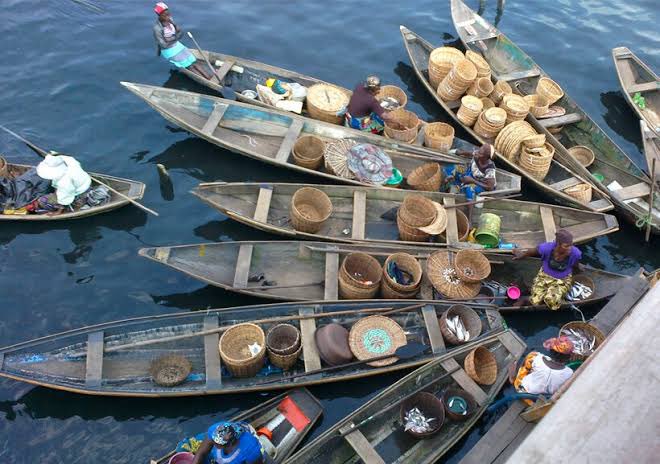The Federal Government of Nigeria is taking significant steps to enhance safety on inland waterways by moving towards a ban on wooden boats, which constitute over 90% of the vessels currently in operation.
This announcement was made by Bola Oyebamiji, the Managing Director of the National Inland Waterways Authority (NIWA), during a recent interaction with editors in Lagos.
Oyebamiji highlighted that wooden boats are responsible for the majority of accidents on the country’s waterways.
He pointed out that many of these vessels often violate crucial operational guidelines, such as traveling at night, overloading, and neglecting to use life jackets both for operators and passengers.
He emphasised that nighttime travel is not only dangerous but also considered a criminal offense, noting that many of these boats lack proper lighting.
“The boats are often piloted by individuals with minimal education, which contributes to the risks,” Oyebamiji said.
To address these safety issues in the short term, NIWA has significantly increased the number of marshals stationed at jetties, from 80 to 350, ensuring that at least two marshals are present at each location at all times, covering both morning and night shifts.
Oyebamiji also mentioned that a rigorous awareness campaign is underway, aimed at educating boat operators and passengers about the dangers of night travel, overloading, and the importance of life jackets.
This campaign is being conducted in both English and local languages to effectively reach the communities involved.
Looking ahead, Oyebamiji confirmed that NIWA is collaborating with the Presidency and the Ministry of Marine and Blue Economy to facilitate the transition away from wooden boats.
In the interim, the agency plans to deploy more patrol boats to monitor compliance with the NIWA Code, with support from the Nigerian Navy.
“There is a tendency for people to rely solely on divine intervention for safety on our waterways, while often overlooking the human factors at play,”
“Our behaviors and adherence to safety regulations are crucial.” Oyebamiji remarked.
He affirmed that NIWA will continue its commitment to education, enforcement, and, where necessary, sanctions, with the ultimate goal of achieving zero fatalities on the nation’s waterways.
“We urge all stakeholders to adhere to the established rules to ensure the safety of all who travel on our inland waterways,” he concluded.


